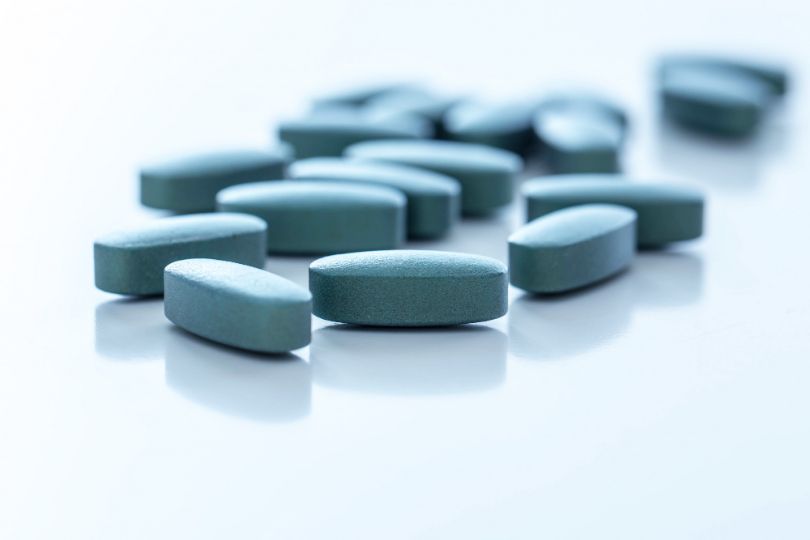
It would seem that two Merck & Co. drugs—one to treat male pattern baldness, and one to treat an enlarged prostate, two issues that are definitively ‘male’—share one horrific and topical side effect during, and even after a man stops taking either of the prescription drugs: erectile dysfunction.
Oh, the irony.
Put another way, men usually take drugs for balding for reasons relating to being attractive, which is of course with respect to finding (or keeping) a suitable mate. It’s simple: a man wants to look good such that he will be attractive to women or desired partners.
So obviously sexual dysfunction is going to be an obvious and annoying wrench in the relationship gears, especially when all the man was attempting with the initial decision was to increase his chances for sexual function. Likewise, if a man has an enlarged prostate he runs the risk of short or long-term sexual dysfunction; then, by taking the drug which is intended to rectify that problem, he ends up faced with the exact same issue.
The two drugs, Propecia (male baldness) and Proscar (prostate) both share a chemical compound called finistride, which seems to be the culprit in the matter. A direct cause between the drugs and the side effects has not been established (publicly), but case reports seem to suggest that there is, at the very least a correlation, and hence a problem, the FDA conceded.
In any case, the drugs in question will now sport fashionable new labels that warn against possible sexual dysfunction and/or poor semen quality.
The FDA still asserts that the drugs are safe to take
for their intended uses, but recommends that patients and doctors take into consideration the new labels and the information disclosed before proceeding.
In other words, the FDA feels that the dangers are an acceptable risk, and even though you’re rolling the dice when you decide to take one of these drugs, it’s to such a degree that these drugs should be available for the public regardless of the fact that a small percentage get sick. How small is that percentage? Well, for example, 3.8% of the men taking Procecia reported one of more of the sexual side effects, compared with 2.1% who received a placebo.
Moral issues aside (or perhaps withstanding), the two drugs represent relatively modest sources of income for Merck, reporting $447 million in Propecia sales last year, and $223 million for Proscar.
Statistic Brain reports that of the 812,000 men globally who experience hair loss that actually go in for medical treatment, 15% use finistride as a countermeasure. That means, for Propecia alone, over 30,400 men run the risk of sexual dysfunction worldwide.
Oh, the horror.
How do you feel about this topic? We want to hear your comments.
Give us your impressions in the comments below and voice your opinion in the matter.







